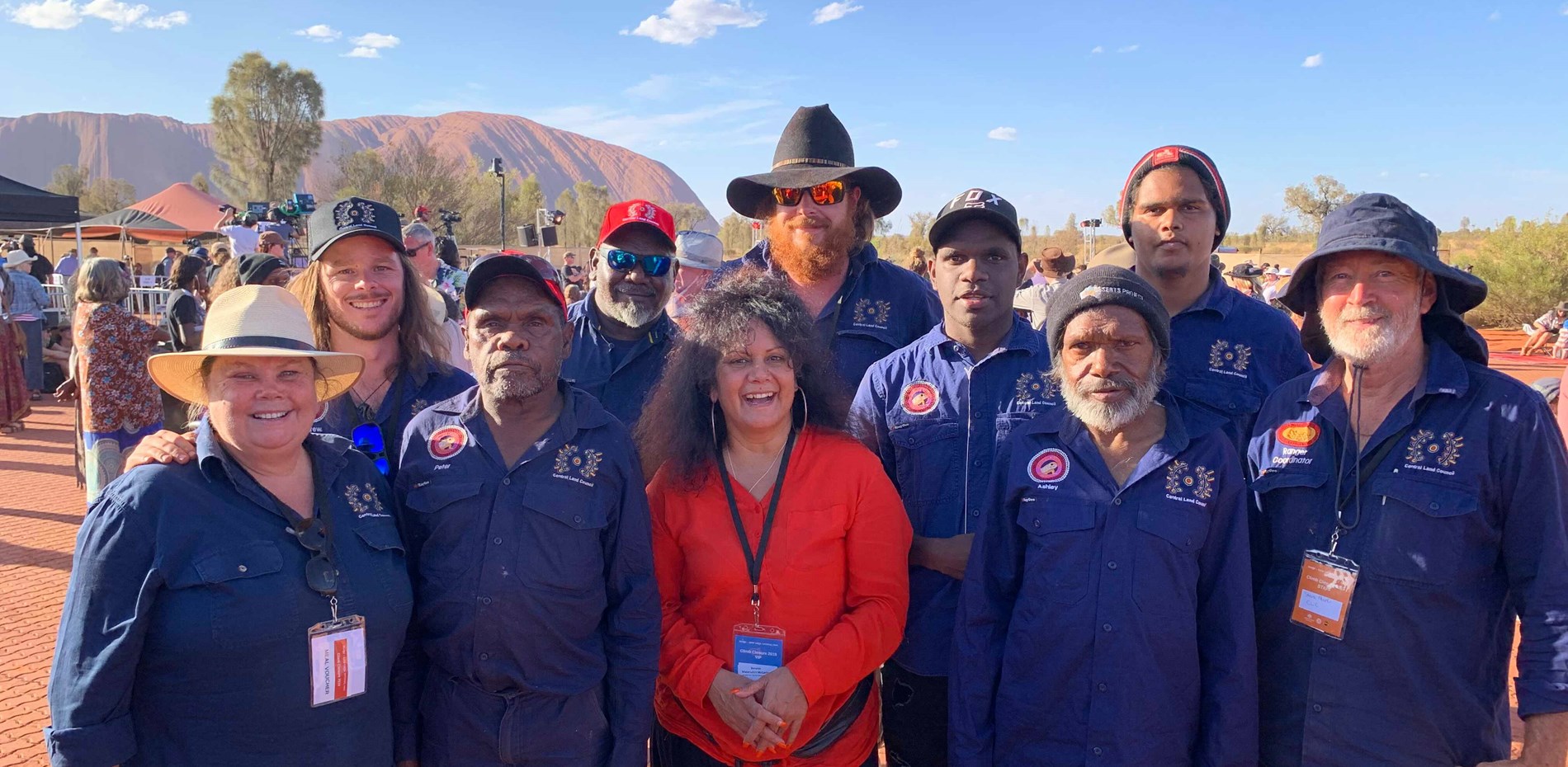Doubling Indigenous Rangers
The Indigenous Rangers Program provides valuable employment for Indigenous people in regional and rural communities, maintains connection to country, grows local economies and protects and restores the environment.
Labor will double the number of Rangers by the end of the decade to 3,800.
Labor will work towards a target of gender equality in ranger positions so that these roles are accessible to all.
Boosting support for Indigenous Protected Areas
Indigenous Protected Areas (IPAs) are areas of land and sea managed by Indigenous groups as protected areas. IPAs make up a substantial part of our National Reserve System and are important for maintaining cultural sites, biodiversity conservation and restoration.
An Albanese Labor Government may significantly boost funding for the management of IPAs, providing an additional $10 million each year.
The funding will mean that Traditional Owners, Indigenous Rangers and groups will receive further support and autonomy in their traditional land and sea management practices. The funding will be used for things like improving biosecurity, restoring biodiversity, and managing cultural sites.
Labor will provide certainty for Ranger groups and IPAs by committing to longer contracts and requiring that contract extension negotiations begin no later than eighteen months before the end of the contract.
Indigenous cultural water
An Albanese Labor Government will deliver the $40 million of cultural water promised in 2018 but not yet delivered by the Morrison Government. There are some 75,000 Indigenous people living in Australia’s Murray Darling Basin and most are Traditional Owners from one of over 40 autonomous First Nations. Despite this, Indigenous groups only hold 0.1% of the total value of the water market.
Labor will work to increase First Nations peoples’ ownership of water entitlements in the Murray Darling Basin by providing a full response to the Productivity Commission’s recommendations in its National Water Reform report.
Labor will make sure that First Nations peoples’ authority, knowledge and experience better informs the work of relevant agencies and is incorporated into planning for environmental watering.


